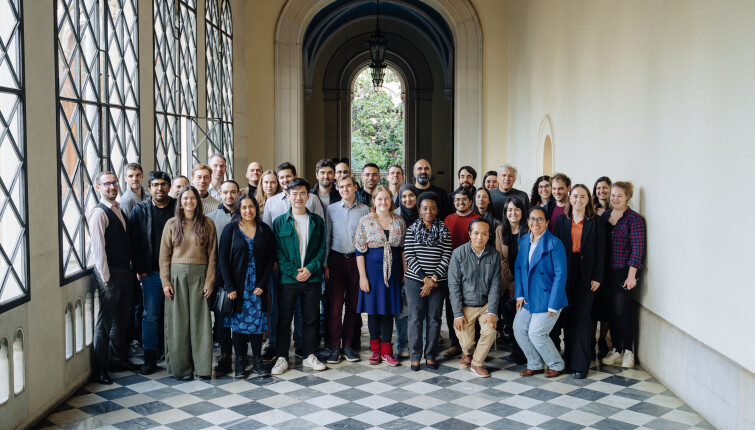Cardiovascular diseases remain the main cause of mortality worldwide; in particular, heart failure (HF) poses complex challenges in clinical practice, as it is associated with a significant variability in aetiologies, manifestations, and risks, as well as in its progression and trajectories over time. Clinical risks of HF can vary from reduced cardiac function and regular hospitalisations, all the way to cardiac events and mortality. There is a need for a personalised medicine approach to tailor the healthcare models (i.e., lifestyle changes, medications, interventions) to each HF patient’s risk profile and hence optimise the clinical outcomes. Artificial intelligence (AI) solutions trained from multi-source cardiovascular data have the potential to dissect the precise characteristics of each patient and predict their likely trajectories at an early stage. However, existing AI methods remain a far distance from clinical transfer and adoption due to a common and key limitation: their trustworthiness and acceptance by cardiologists and patients alike have not been achieved.
AI4HF will develop the first trustworthy AI solutions for personalised risk assessment and management of HF patients. The project will build on a unique set of big data repositories, trustworthy AI methods, computational tools, and clinical results from major EU-funded projects in cardiology. To test robustness, fairness, transparency, usability, and transferability, the validation will occur in eight clinical centres in both high- and low-to-middle-income countries in the EU and internationally. AI4HF will develop a comprehensive and standardised methodological framework for trustworthy and ethical AI development and evaluation based on the FUTURE-AI guidelines developed by the consortium members. AI4HF will be implemented through continuous multi-stakeholder engagement, taking into account clinical needs and patient preferences, as well as socio-ethical and regulatory perspectives.
The AI4HF technology will enable to dissect the precise characteristics of each HF patient, then predict the patient’s likely outcomes at an early stage to enable timely and personalised care. The project will emphasize the concepts of trustworthy and inter-disciplinary AI to ensure that the developed AI technology is trusted, approved, and deployed in the real world for the benefit of patients, cardiologists, physicians, care providers, and society at large.





